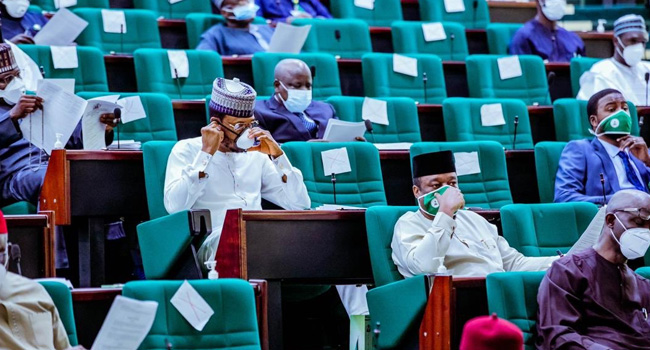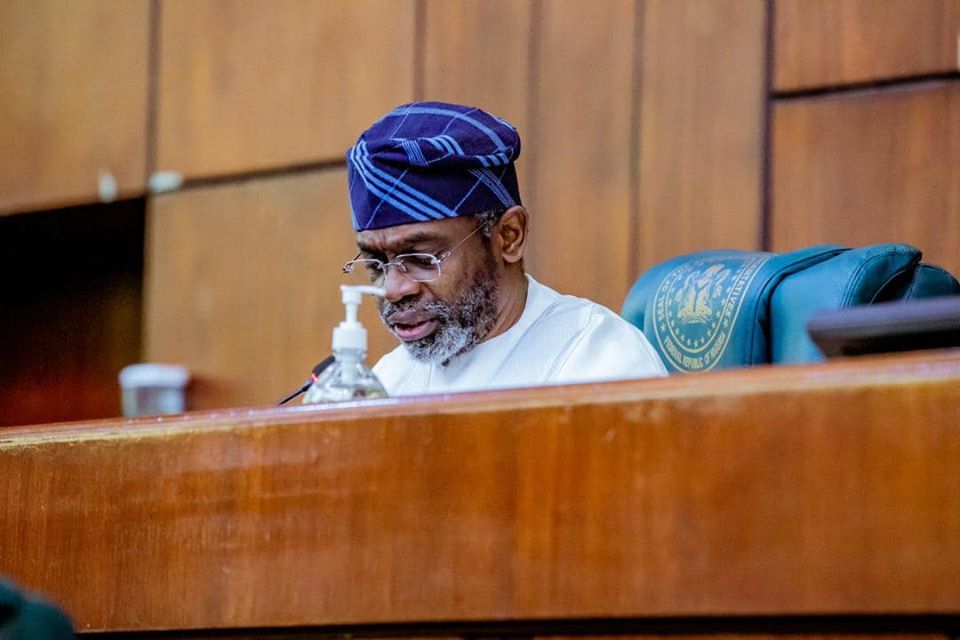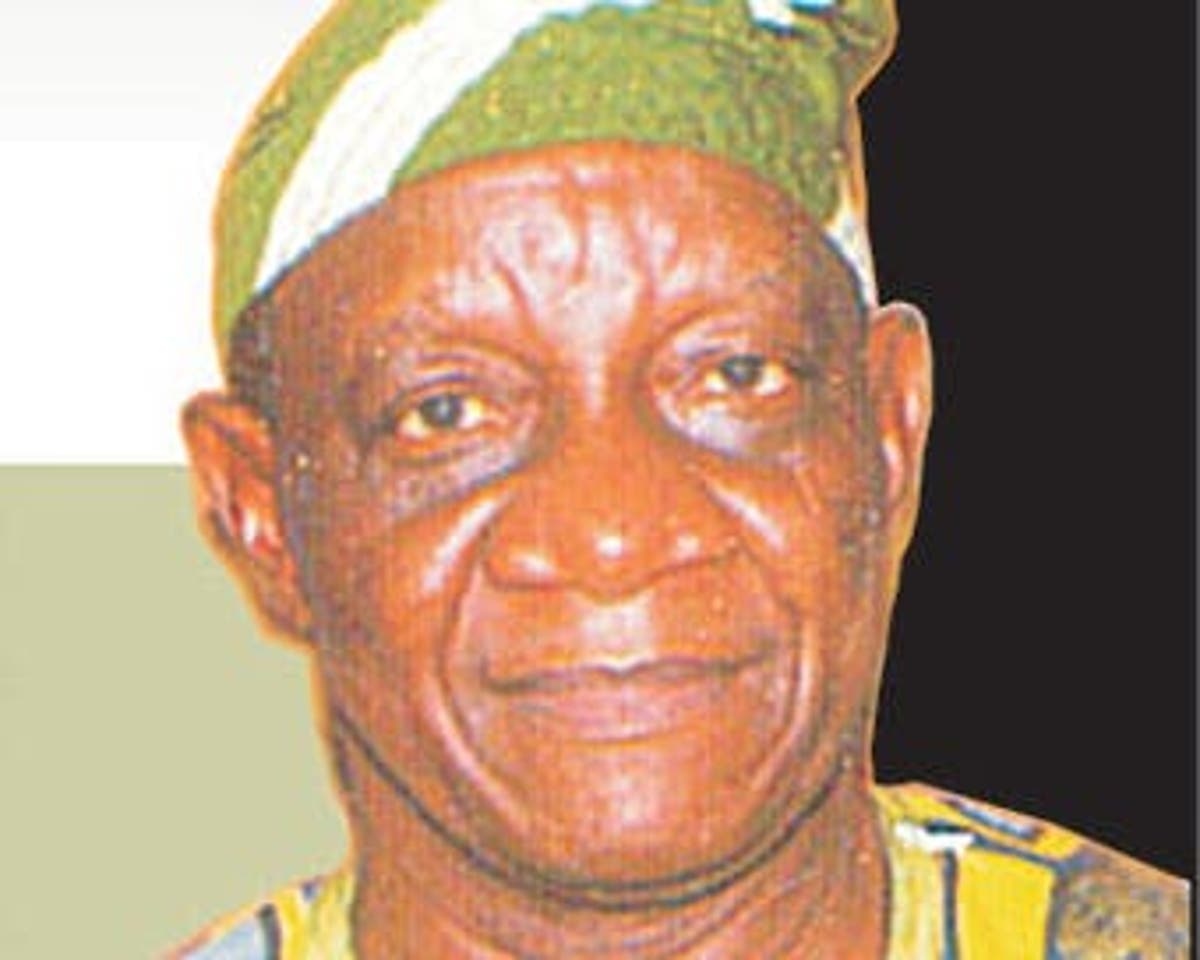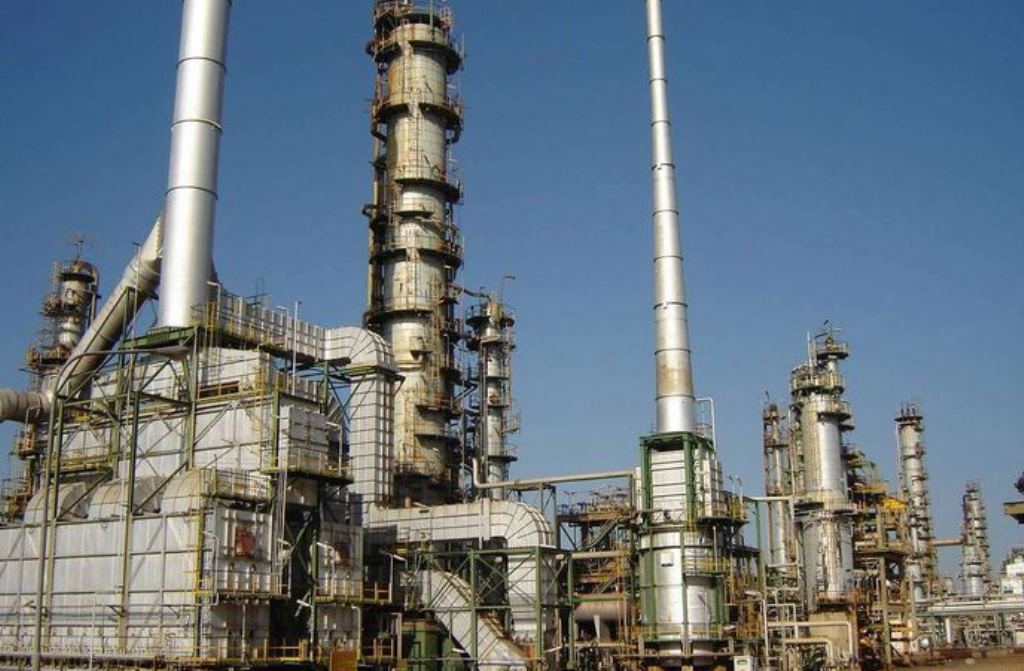Troops of operation DAKATAR DA BARAWO have recovered over two billion naira from stolen petroleum products in Southern Nigeria within two weeks.
The Director of Defence Media Operations, Major General Musa Danmadami disclosed this during the Bi-weekly briefing in Abuja, Nigeria’s capital saying that the briefing covered the period from 20th October to 3rd November, 2022.
General Danmadami said that “troops in the sustained fight against oil theft and maritime illegalities also discovered and destroyed 11 illegal refineries and 107 metal storage tanks, 5 wooden boats, 58 dugout pits, 38 ovens, 6 fibre boats, 28 reservoirs, 15 jerrycans, 2 pumping machines, 20,000 barrels of crude oil and 167,900 litres of Automotive Gas Oil”.
Cumulatively, within the weeks under review, oil thieves were denied a total of 54,547 barrels of crude oil, 817, 900 litres of Automotive Gas Oil, 5,000 litres of Premium Motor Spirit and 10,000 litres of Dual Purpose Kerosine amounting to the sum of Two Billion, Four Hundred and Thirty-Five Million, Twenty-One Thousand, Three Hundred Forty-Three Naira and Ninety-Four Kobo (N2,435,021,343.94)
In a related development, troops of the Joint Task Force, Operation DELTA SAFE sustained pressure towards denying criminal elements freedom of action, essential to sustain a conducive environment for economic activities to thrive while ensuring relative peaceful environment and protection of oil and gas infrastructure in the general area all in the Southern part of the country.
According to him, the maritime and land component of Operation DELTA SAFE in the conduct of operation OCTOPUS GRIP, conducted operational activities at creeks, waterways, communities, villages, towns and cities within Delta, Bayelsa, Cross River and Rivers States between 20 October – 2 November 2022.
He said“during the operations, troops discovered and destroyed 57 illegal refining sites, 35 wooden boats, 304 storage tanks, 172 cooking ovens, 12 dugout pits, 5 drums, 2 reservoirs, 2 illegal bunkering camp and 6 illegal bunkering boats”.
He added that troops also recovered 34,547barrels of crude oil, 650,000 litres of Automotive Gas Oil, 5,000 litres of Premium Motor Spirit, 10,000 litres of Dual Purpose Kerosine, 7 pumping machines, 7 vehicles, 5 motorcycles, 1 double barrel gun, 2 live cartridges and arrested 5 pipeline vandals.
General Danmadami noted that troops in conjunction with operatives of the office of the National Security Adviser (ONSA) tracked and raided the criminals location and arrested 2 Eastern Security Network criminals kingpins at Oyigbo in Oyigbo Local Government Area of Rivers State.
He said “troops recovered 2 Ak47 rifles, 285 rounds of 7.62mm special, 84 rounds 7.62mm NATO, 1 empty magazine, 2 mobile phones, 3 sim packs, a file containing documents, 3 ATM cards, NIN certificate, voters’ cards and charms.
According to him, in a continuous effort to eliminate criminal elements in the South Eastern part of the Country, troops and other security agencies have not relented on their constitutional mandate in tackling insecurity in the state.
Notably, on 20 October 2022, troops while on duty at Isuofia in Aguata Local Government Area of Anambra State were attacked by suspected Indigenous People of Biafra/Eastern Security Network criminals.
He said the troops however, repelled the attack and arrested 1 of the criminals, recovered 2 pistols and 4 rounds of 9mm ammo.
Also on the same day, following a tip-off, troops arrested a known armed robber at Ibagwa community in Igbo-Eze Local Government Area of Enugu State.
He said troops recovered 1 locally made revolver pistol, 2 mobile phones and 1 motorcycle. Suspect is in troops custody for further action.
Also, on 24 October 2022, troops and Nigerian Police personnel on fighting patrol around Nkwere forest in Oji-River Local Government Area of Enugu State came in contact with suspected Indigenous People of Biafra/Eastern Security Network criminals mounted on SUVs and motorcycles, who fled on sighting troops.
According to him, troops pursued the criminals and engaged with superior fire, forcing them to abandon their vehicles and motorcycles adding that troops exploited the area and recovered 2 SUV vehicles, 3 motorcycles, cooking utensils amongst others.
All recovered items are in troop’s custody for further necessary action.
In another development between 21 October to 2 November 2022, troops conducted anti-illegal bunkering operation to Ama-Hausa Arugu and Umuokabia Ugodo villages in Ngor Okpala Local Government Area of Imo State. During the operation, troops discovered and destroyed illegal bunkered oil in 79 sacks of 50 litres Automotive Gas Oil each, 8 gallons of 25 litres, 3 nylons with 3 drum containing refined products, arrested a bus and 2 suspects conveying illegal refined Automotive Gas Oil and 1 Toyota Avalon containing 1,200 litres of Automotive Gas Oil.
He added that troops also discovered a loading point in an abandoned filling station with 3 vehicles containing 1,400 litres each of diesel and 2 tanks containing 1,000 litres each of diesel.
Furthermore, troops conducted a clearance operation at the Indigenous People of Biafra/Eastern Security Network Camp at Amu Agba community in Ishielu Local Government Area of Ebonyi State and made contact with the criminals who fled following a fire fight. Troops exploited the area and recovered 4 motorcycles, 32 rounds of 5.56mm, 1 round of 7.62mm NATO, 1 locally fabricated pistol, 1 dane gun and 4 IEDs amongst others.
Also on 27 October 2022, troops in conjunction with Nigeria Police and Department of State Service conducted clearance operation on the Indigenous People of Biafra/Eastern Security Network camp at Orsumoghu village in Ihiala Local Government Area of Anambra State.
According him, troops made contact with criminals and in a fire fight neutralized 5 criminals, arrested 2 and recovered 1 Ak47 rifle, 2 rounds of 7.62mm special, 1 dane gun, 4 locally fabricated composite IED, 1 single barrel rifle, 15 locally fabricated mortar tubes, 1 pistol hoister, military uniforms, 1 motorcycles, 1 power generating set among others.
Meanwhile, the Military High Command has commended the troops on their efforts in the various theatres of operation across the nation while the entire populace is appreciated, for the support given to the Armed Forces and other security agencies in the conduct of their operations.








